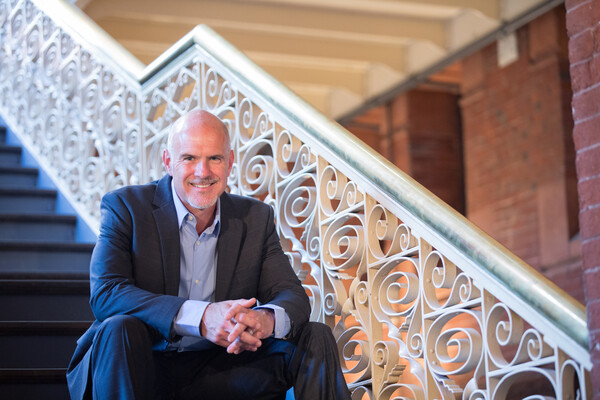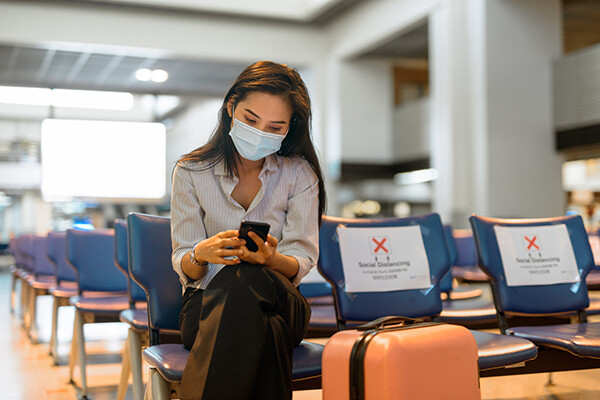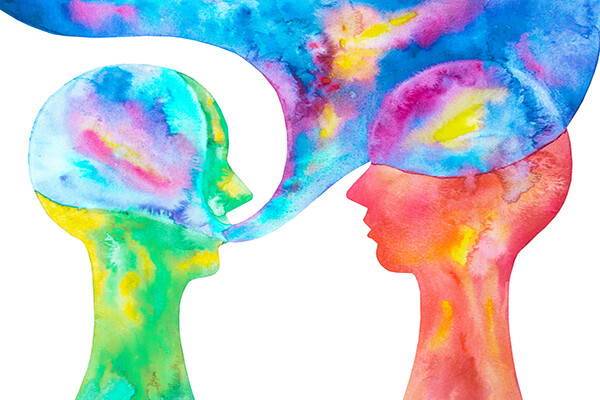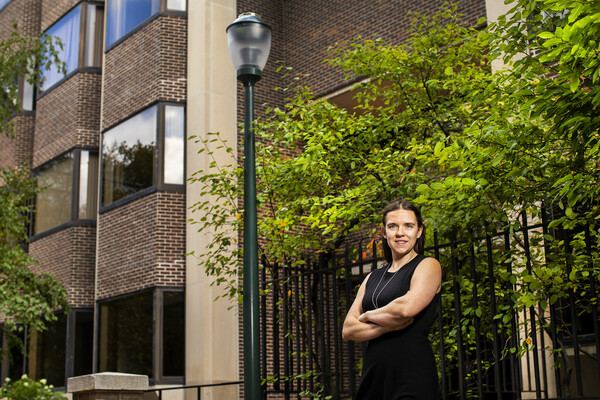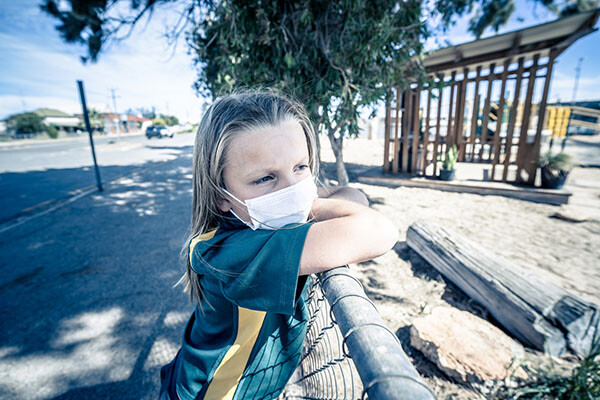4/16
Behavioral Health
Public psychiatry’s mission: Providing mental health care to those who need it the most
Rachel Talley on public psychiatry, the impact of COVID-19 on community mental health, and how she went from an internship at the White House to championing public health at Penn’s department of Psychiatry.
Money matters to happiness—perhaps more than previously thought
Research from Wharton’s Matthew Killingsworth shows that contrary to previous influential work, there’s no dollar-value plateau at which money’s importance lessens. One potential reason: Higher earners feel an increased sense of control over life.
The link between perceptions of autonomy and global views of income inequality
Research from the Center for Social Norms & Behavioral Dynamics finds that people who feel independent think that most others are, too. They also underestimate the level of poverty in the United States.
Self-awareness can drive behavior change, reprogram the brain’s reward system
Most people break New Year’s resolutions within a few weeks. Neuroscientist Vera Ludwig offers six tips to move mindfully through this process, leading to a greater chance for success.
A modified game of ‘chicken’ reveals what happens in the brain during decision-making
Research from the Platt Labs found that in rhesus macaques, two regions of the brain mirror those of similar regions in humans, broadening the understanding of what unfolds, neurologically, when people interact and cooperate.
How did echo chambers influence the 2020 election?
Research from the Annenberg School for Communication shows that people are consuming news from more diverse sources, but many don’t consume any news at all. It’s too soon to tell what role that played in the recent race for president.
How have new social norms emerged as COVID-19 has spread?
In a study of nine countries, researcher Cristina Bicchieri found that motivating people to modify behavior requires changing their expectations about the actions and thoughts of those who matter to them.
How to get voters off the fence? With a soft touch
According to Wharton’s Jonah Berger, one way to sway undecided voters is to break down the gap between two sides into smaller steps to make it easier for people to navigate.
Simple solutions reduce court no-shows, subsequent arrest warrants
For low-level offenses in New York City, text nudges and a redesigned summons form decreased failure-to-appear rates by about 20% and led to 30,000 fewer arrest warrants over a three-year period.
Adolescents, psychiatric hospitalization, and COVID-19
As widespread community transmission of COVID-19 continues, researchers say the focus must shift to the broader effects on health and wellbeing, including on the mental health of children and adolescents. A recent Penn LDI study reports on the impact of the pandemic on youth at a local behavioral health hospital.
In the News
Many parents give their children melatonin at night. Here’s why you may not want to
Ilene Rosen of the Perelman School of Medicine supports practicing proven-bedtime-routine behaviors and avoiding bright lights and electronics in the bedroom to encourage the body’s natural production of melatonin.
FULL STORY →
Why are older Americans drinking so much?
David Oslin of the Perelman School of Medicine says that alcohol use can have much more disastrous consequences for older adults, whose bodies cannot process it as quickly.
FULL STORY →
Best CPAP alternatives
Richard Schwab of the Perelman School of Medicine says that obstructive sleep apnea causes breathing to pause during sleep when something like the tongue or relaxed throat muscles blocks the airway.
FULL STORY →
This day of silence brings a fresh start for Bali’s new year
Mathias Basner of the Perelman School of Medicine says that human bodies interpret noise as a stressor, which can initiate increased levels of stress hormones like cortisol and adrenaline in the blood.
FULL STORY →
Struggling to keep your New Year’s resolutions? Here’s how to keep yourself on track
According to a 2012 study conducted by the Perelman School of Medicine, 65% of dieters return to their pre-diet weight within three years and only 5% of people who lose weight on a restrictive diet, such as liquid or no-carb, manage to keep the weight off.
FULL STORY →
Many believe suicide rates increase in December. Research shows it’s the opposite. Here’s why
A study conducted by the Annenberg Public Policy Center found that the winter holiday months typically have lower daily suicide rates than the rest of the year, with December showing the lowest incidences of suicides of the year.
FULL STORY →








